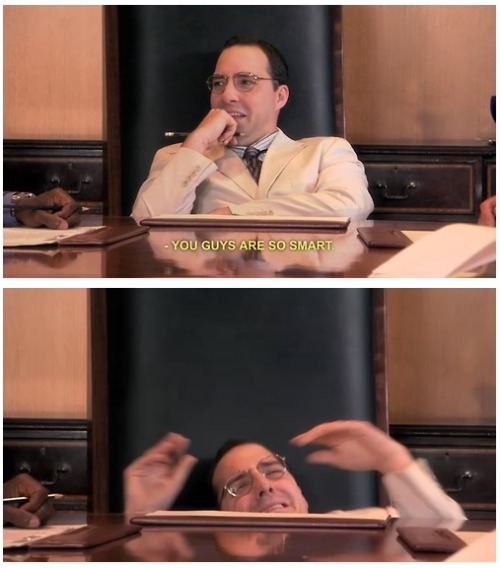This week at my internship have had a factor of time due to the fact that our entire floor will be moving sometime soon, so we've been prepping the project materials for the move and empty out the room they're currently in as soon as possible. This means scanning and filing the papers that hadn't been processed and performing a basic inventory of the videocassettes to see if they have or have not been digitized. Once we've checked that we move them into their new room, which is rather cramped and doesn't give the material space to breathe - but it will hold them and allow us to work with them, which is the important thing.
Tuesday I spent my day scanning program listings from the late 90s. While much of the 90s had been scanned with OCR, it appeared that many of the shows listed 'Generic' (or other repeating shows that are on a constant loop) had been edited out of the files. While the reasons for this is unclear, the listings have to be rescanned to best preserve them. The program listings give a vision of what PBS was showing on TV during a given month, year, and season, and show the balance of topics - and therefore reflect the interest of viewers. So as you can see, the program listings are an insight into topics and concerns of the age. PBS shows that deal with ethnicity largely seem to be an effort to normalize family life and show what minority families' experience in contrast to a middle-class white household. There are also several educational, crafting, exercise, home improvement, and cooking shows. These are familiar to almost everyone with attached names like Bill Nye, Julia Child, and Levar Burton. Overall these program listings are valuable even in this current day and age, let alone in the next fifty years to look back and see what issues we were struggling with as a culture.
Given to me to scan in addition the the 1990s were the years of 1980-1982, which hadn't been digitized in any sort of form, so they were of special importance to be done. These years are essentially some of the first in PBS history, involving a shift in name and focus. Today I took a step back even further to 1973-1978, where I did not scan but simply organized and separated the programs alphabetically. We don't have program listings from this era, so we're simply dealing with the program descriptions and agreements themselves. Much of this is sorting and making sure that nothing was mixed in, so I turned to podcasts to keep my mind occupied.
Ultimately I turned to Stuff You Missed in History from HowStuffWorks.com (a subsidiary of Discovery.com), one of my favorite educational podcasts. Sarah and Deblina choose different topics (Brontes, Brownings, the real Indiana Jones, and so on) and delve into them in a way that is accessible, enjoyable, and straight-forward. Highly recommended. They managed to engage my interest without distracting me from my task at hand. Most of them are PG-rated, so they're workplace and family friendly.
Next week I'm getting into the actual metadata and programs rather than the paperwork. Should be a change!
Ultimately I turned to Stuff You Missed in History from HowStuffWorks.com (a subsidiary of Discovery.com), one of my favorite educational podcasts. Sarah and Deblina choose different topics (Brontes, Brownings, the real Indiana Jones, and so on) and delve into them in a way that is accessible, enjoyable, and straight-forward. Highly recommended. They managed to engage my interest without distracting me from my task at hand. Most of them are PG-rated, so they're workplace and family friendly.
Next week I'm getting into the actual metadata and programs rather than the paperwork. Should be a change!





No comments:
Post a Comment